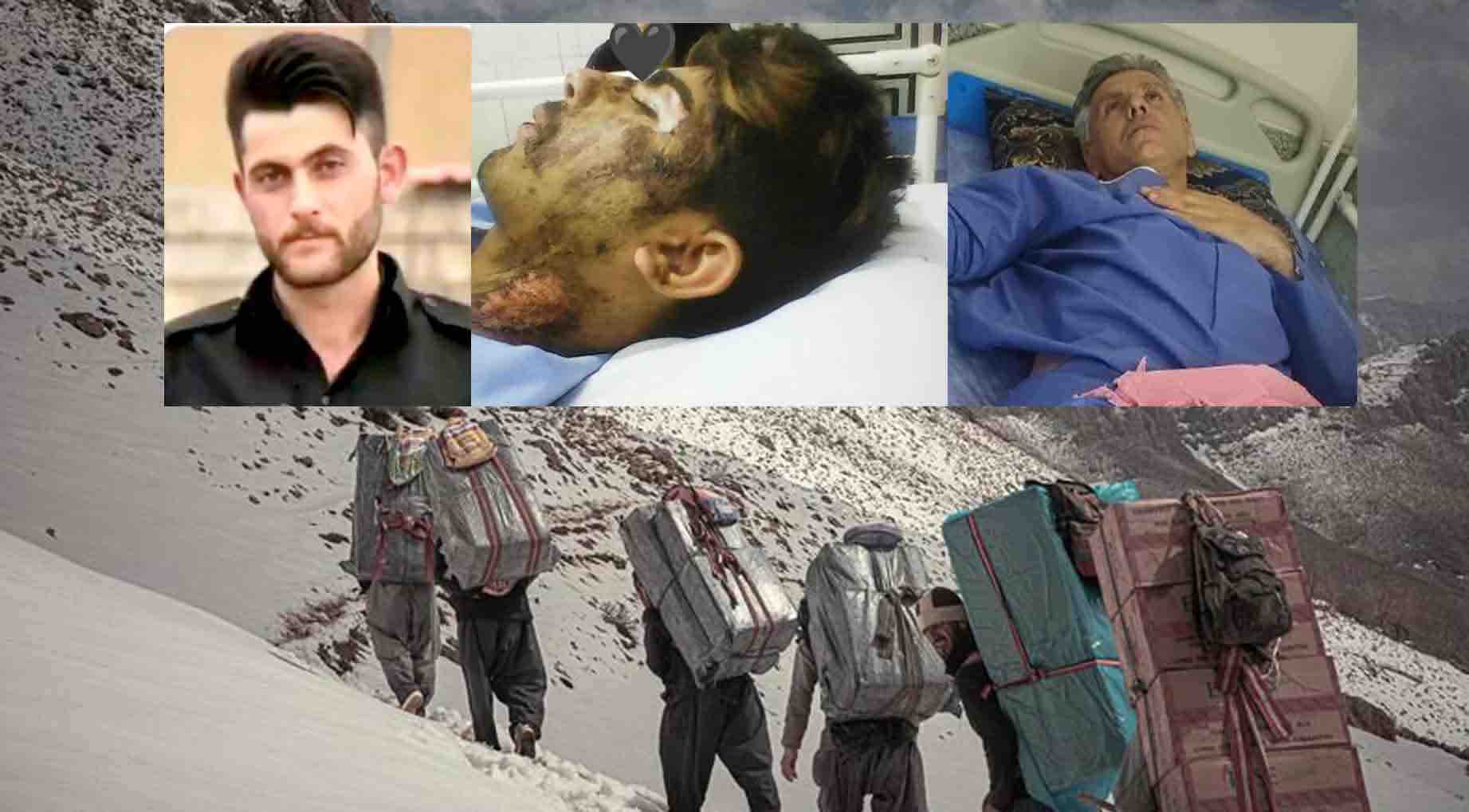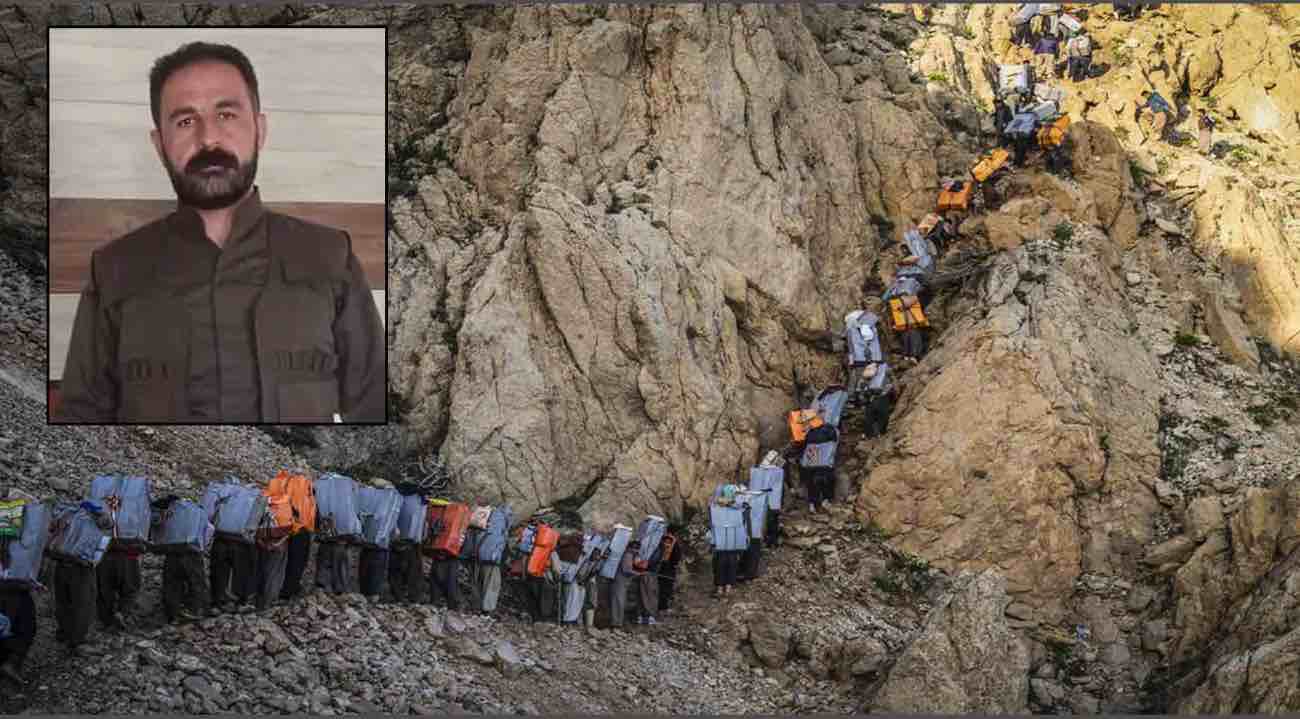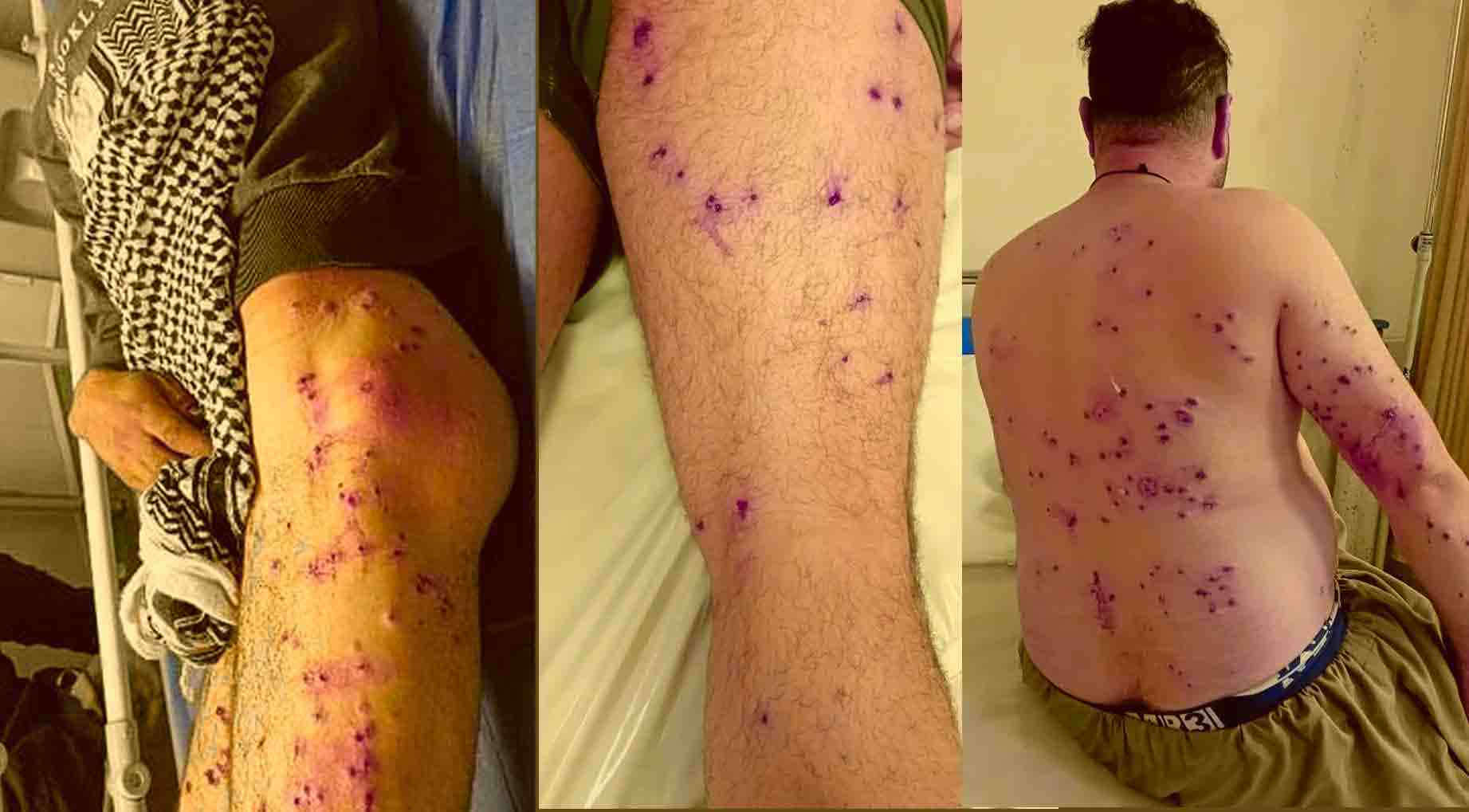



In a recent incident, Iranian border forces targeted dozens of kolbars in the Nowsud border area of Kermanshah Province, injuring at least 20 people [b033ab69]. The forces used pellet guns without prior warning. Among the injured kolbars are Behnam Khosravi and Hussein Bahrami from Kalash village in Javanrud, Meysam Rostami from Paveh, Foad Feyzi from Hashmiz village in Sanandaj, Mobin Karami from Sanandaj, Yahya Nouri from Sarvabad, Milad Ruostaei from the village of Cham Zereshk in Salas-e Babajani, Meysam Amini, Arman Rahmani, and Mahmoud Karami from Salas-e Babajani, and Amir Rahmani and Farzad Rostami from Dalahu [b033ab69].
This incident adds to the growing concerns about the treatment of kolbars in Iran. Kolbars are individuals who carry goods on their backs across the border, often facing dangerous conditions and exploitation. The use of excessive force against them raises questions about human rights violations and the need for accountability and justice [b033ab69].
In the period between January 21 and February 21, three kolbars were killed by Iranian border guards in the border areas of Paveh in Kermanshah Province and Saqqez and Baneh in Kurdistan Province. Another kolbar was killed by Iraqi border guards in the Nowsud border area. Additionally, Farid Roubina died of frostbite in the Marivan border area of Kurdistan Province [b033ab69].
On February 26, 2024, a group of kolbars were fired upon by Iranian border guards in the border areas of Baneh, Kurdistan Province. Jafar Faraji, a 40-year-old kolbar from Saqqez, Kurdistan Province, was shot and killed. The border guards opened fire on the kolbars without warning and at close range. The body of Faraji was taken to Salahuddin Ayoubi Hospital in Baneh [ca991080].
Recent reports from the Kurdistan Human Rights Network (KHRN) highlight the ongoing violence against kolbars by Iranian border guards. One kolbar died of frostbite, while at least eight others were shot and injured in the border areas of Piranshahr, West Azerbaijan Province, and Nowsud, Kermanshah Province. Saeid Salousi, a 33-year-old kolbar from Piranshahr, died of frostbite on March 27. On March 26, Iranian border guards shot and wounded kolbars Mohammad Yousefi, Mohammad Mahmoudi, Ehsan Nazari, Omid Shamsi, Yasin, Saman Rostami, and Gholamreza Feyzi in the Nowsud border area. Reza Nazari, another kolbar, was targeted with blank bullets on March 25. In the past week, Iranian border guards shot dead two kolbars, Soran Abdi and Peyman Ahmadi, and wounded at least 10 kolbars in the border areas of Baneh, Kurdistan Province, and Nowsud. Two kolbars were injured in a landmine explosion in Sardasht on March 26. Hastiyar Abdolkarimi, a child kolbar from Divandarreh, and Saeid Salousi from Piranshahr died of frostbite. Mohammad Bayer Mohammadi died of a heart attack while working as a kolbar in the border areas of Saqqez, Kurdistan Province, Piranshahr, and Nowsud [3e0d5dbc].
These incidents highlight the ongoing dangers faced by kolbars in Iran and the urgent need for action to protect their rights and ensure their safety. The repeated use of excessive force by Iranian border guards raises serious concerns about human rights violations and the lack of accountability for these actions. It is crucial for the Iranian government to address these issues and hold those responsible for the violence against kolbars accountable [b033ab69] [3e0d5dbc].
Nazem Barihi, a 38-year-old Ahvazi Arab, was arrested by Iran's security intelligence forces on October 8, 2005, and has spent 19 years in prison. He was accused, along with other members of the Ahvazi community, of plotting a terrorist attack and was convicted of actions against national security and corruption. Barihi never received a fair trial, and his lawyer claims that his confession was extracted under torture. He is currently held in Sepidar Prison, known for its harsh conditions, where he suffers from serious abdominal and cardiac issues without receiving medical treatment. The broader Ahvazi Arab community in Khuzestan faces systemic persecution and socioeconomic deprivation, despite the region providing a large proportion of Iran's oil, gas, and water resources. They encounter discrimination in employment, housing, political representation, and cultural and linguistic rights. The UN Human Rights Committee has raised concerns about the disproportionate application of the death penalty to members of the Ahvazi Arab community. The Aktion für Menschenrechte and the World Organisation Against Torture (OMCT) call on the Iranian authorities to provide a fair retrial for Nazem Barihi, promote and protect the rights of ethnic, religious, and linguistic minorities, and improve detention conditions in Sepidar Prison.